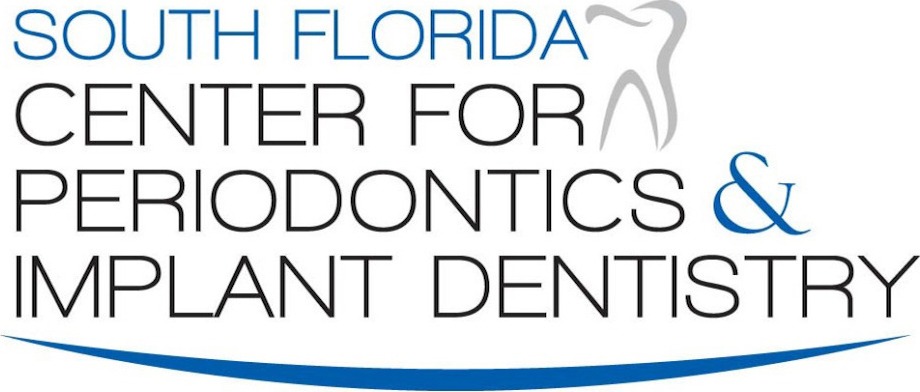Why Do My Gums Look Puffy?
August 19th, 2024Sore, swollen gums can be one of the most common symptoms of gingivitis, the earliest stage of periodontal (gum) disease.
When plaque (bacteria) builds up on, around or between your teeth, often because of poor oral hygiene or smoking, your delicate gum tissue becomes irritated, resulting in inflamed gums. You might also notice some blood when brushing your teeth or flossing, bad breath or gums that look bright red or purplish. You could experience sensitivity to hot and cold foods, or soreness when chewing.
The good news is that, when caught and treated early, gingivitis is usually reversible.
If you notice any of the unusual symptoms mentioned above and/or have been diagnosed with gingivitis, it’s time to see your hygienist. By addressing your periodontal health now, you do so before the gum disease has a chance to advance to a later stage which will be more difficult and expensive to treat. Better oral hygiene (brushing twice daily and flossing at least once daily) is at the top of the list.
You should also:
- Visit your dental hygienist for professional cleaning that can reach above and below the gumline even more effectively than you can reach with your toothbrush and floss
- If suggested, consider additional “deeper cleaning” that goes deeper than regular professional cleaning, beneath your gums. This is known as scaling (to remove tartar) and root planing (prevents bacteria from sticking to tooth roots) and is used when gingivitis starts to progress to bone loss, called periodontitis
- Try to manage diabetes better, if you have this disease. Higher blood sugar levels interfere with your oral immune response and may favor proliferation of harmful bacteria in your mouth, which can lead to increased inflammation and bone loss.
You’re Not Alone
Gingivitis is, unfortunately, very common. In fact, studies show that nearly half of all adults aged 30 and older have some form of gum disease. The earlier you catch gingivitis, the easier it will be to address. If not treated now, it can develop into a more serious form of periodontal disease called periodontitis.
If you suspect you may have gingivitis, call our office to schedule an appointment with one of our oral health experts. We’ll help you treat, and hopefully reverse, the disease so you can avoid permanent damage to your gums and teeth. Referrals are always welcomed, but not necessary.

